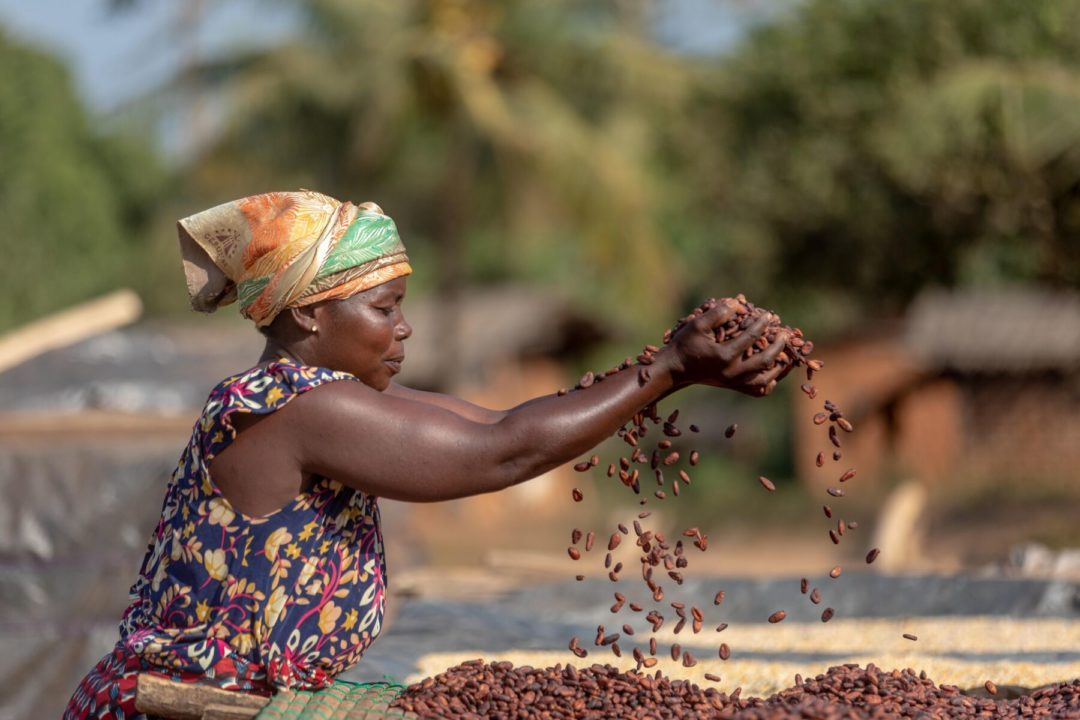Care and Cargill have been working together in Ghana since 2008 and in Côte d’Ivoire since 2010 to combat challenges facing the cocoa business. The report, titled “A Decade of Impact in Cocoa Communities: More than Ten Years of the CARE-Cargill Partnership” details the ways in which the partnership has affected communities, including:
- Community Government Support: Care and Cargill help communities develop action plans to mobilize funds and address needs. To date, the businesses have supported the establishment of 275 community action plans, resulting in more than 160 community infrastructure improvements including the establishment of hydraulic pumps and construction of schools and latrines.
- Child Labor Prevention: Care and Cargill have taken steps to prevent child labor, including measures such as improved access to education for children and providing training on the harmful effects of child labor.
- Supporting Farmers’ Income: Through the Cargill Cocoa Promise, the company works with 132,000 smallholder cocoa farmers to support their business development. Between 2008 and 2013, Care’s agricultural training package, combined with greater access to extension services and strong market linkage, led to a 29% increase in average farmer income among project-supported farmers in Ghana.
- Women’s Empowerment: In Ghana, women who took part in Care-Cargill programs between 2016 and 2019 indicated a 30% increase in participation in household financial decision-making, an 18% increase in formal leadership positions, and a 19% increase in opportunities to engage in formal decision-making spaces.
- Supporting Healthy Nutrition: Care and Cargill have worked with communities to promote healthy nutrition practices through training and demonstration.
Related: Cargill Connects Consumers with Cocoa Supply Chain Cargill Invests in Fund Supporting Microbiome Innovation Nature’s Path Opens Applications for Community Garden Grants
The press release further noted that Care-Cargill interventions have reduced loss of harvests, increased fruit and vegetable intake, and decreased household food insecurity.“Cargill has been working in Côte d’Ivoire and Ghana for decades. In 2012, we launched the Cargill Cocoa Promise—our commitment to enable farmers and their communities to achieve better incomes and living standards. Longstanding partnerships like the one with CARE are crucial in achieving our commitments. They allow for sharing of data and learnings, help us to accelerate our impact and measure our progress,” said Harold Poelma, President of Cargill Cocoa & Chocolate.
“Our current programs place women at the heart of our interventions because we know that with the right resources, women have the power to transform entire cocoa growing communities. Through an integrated approach to food and nutrition security, CARE’s work with Cargill focuses on providing women access to water, land, seeds, finance, and markets. Additionally, these programs provide nutrition and social protection in times of crisis, which is especially important in light of the effects of the current COVID-19 pandemic on cocoa growing communities,” added Michelle Nunn, President and CEO at CARE.










